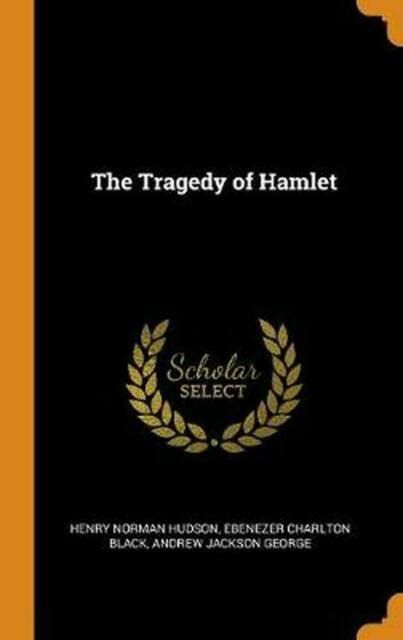A Quote by William Wordsworth
Recognizes ever and anon The breeze of Nature stirring in his soul.
Related Quotes
Imagination is the organ through which the soul within us recognizes a soul without us; the spiritual eye by which the mind perceives and converses with the spiritualities of nature under her material forms; which tends to exalt even the senses into soul by discerning a soul in the objects of sense.
There was no God in his heart, he knew; his ideas were still in riot; there was ever the pain of memory; the regret for his lost youth-yet the waters of disillusion had left a deposit on his soul, responsibility and a love of life, the faint stirring of old ambitions and unrealized dreams...... And he could not tell why the struggle was worth while, why he had determined to use to the utmost himself and his heritage from the personalities he had passed... He stretched out his arms to the crystalline, radiant sky. I know myself," he cried, "but that is all.
Nature is typified by strength; humanity by weakness. Nature adheres to an immutable order; humanity to an ever-increasing chaos. Nature recognizes no equality at any level of it's order; humanity preaches an all-prevasive equality and freely hands-out unearned "rights" in an attempt to make its doctrine a living reality. In short: humanity is Democratic, nature is Fascist.
The man who works recognizes his own product in the world that has actually been transformed by his work. He recognizes himself in it, he sees his own human reality in it he discovers and reveals to others the objective reality of his humanity of the originally abstract and purely subjective idea he has of himself
The judge who sits over the murderer and looks into his face, and at one moment recognizes all the emotions and potentialities and possibilities of the murderer in his own soul and hears the murderer's voice as his own, is at the next moment one and indivisible as the judge, and scuttles back into the shell of his cultivated self and does his duty and condemns the murderer to death.






































